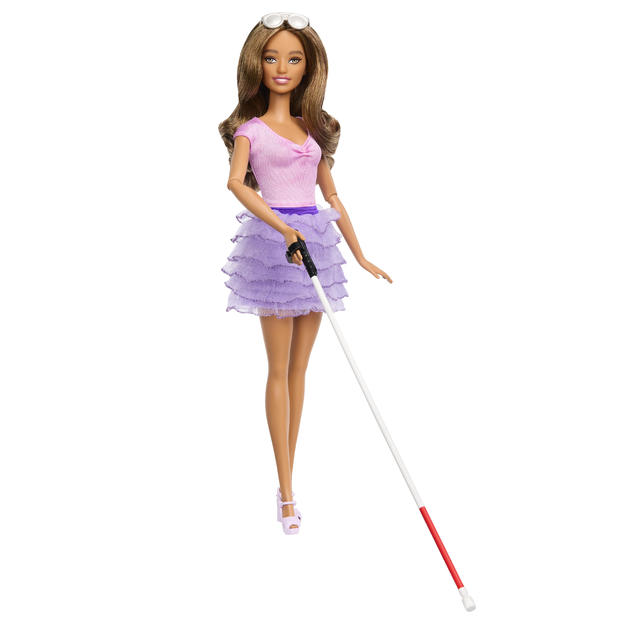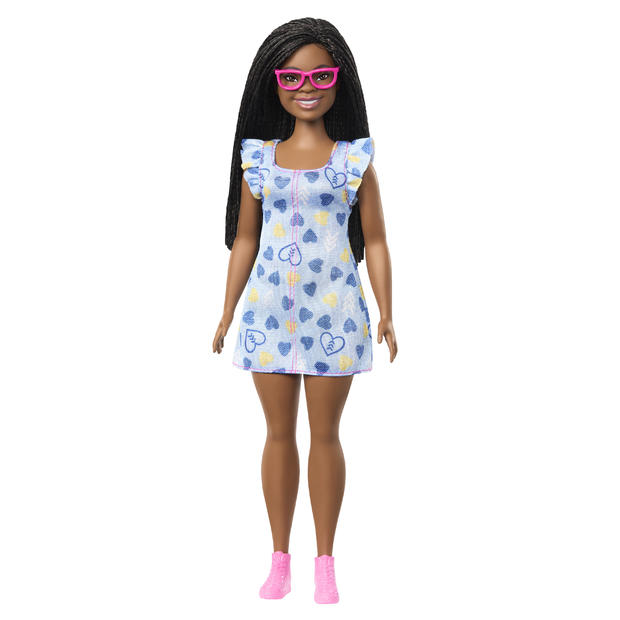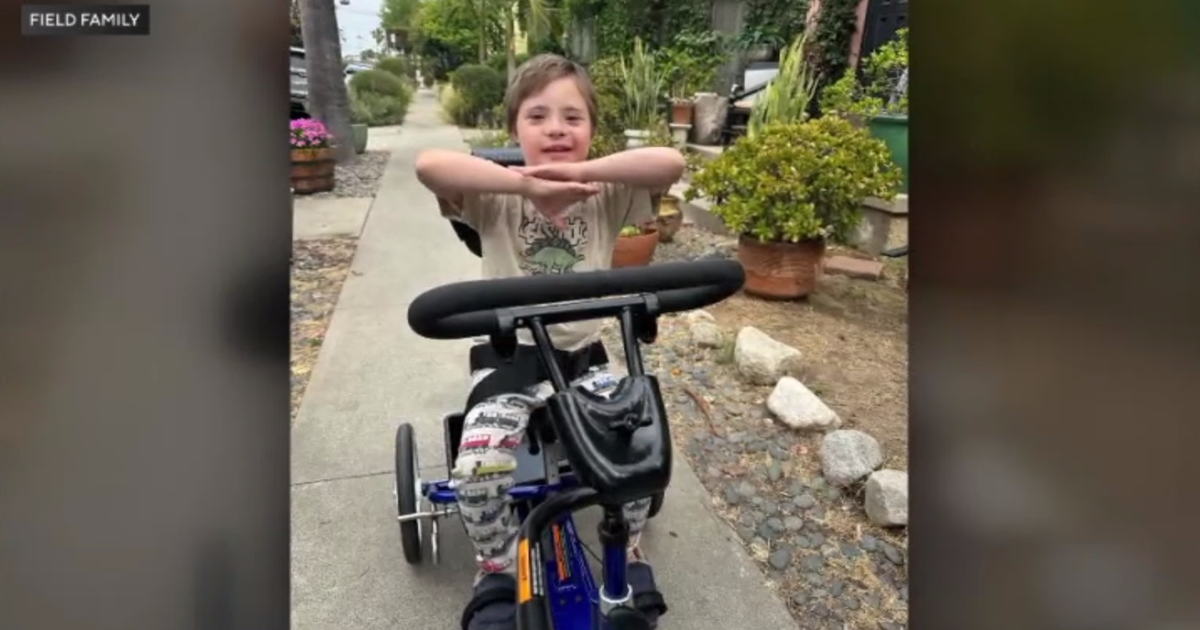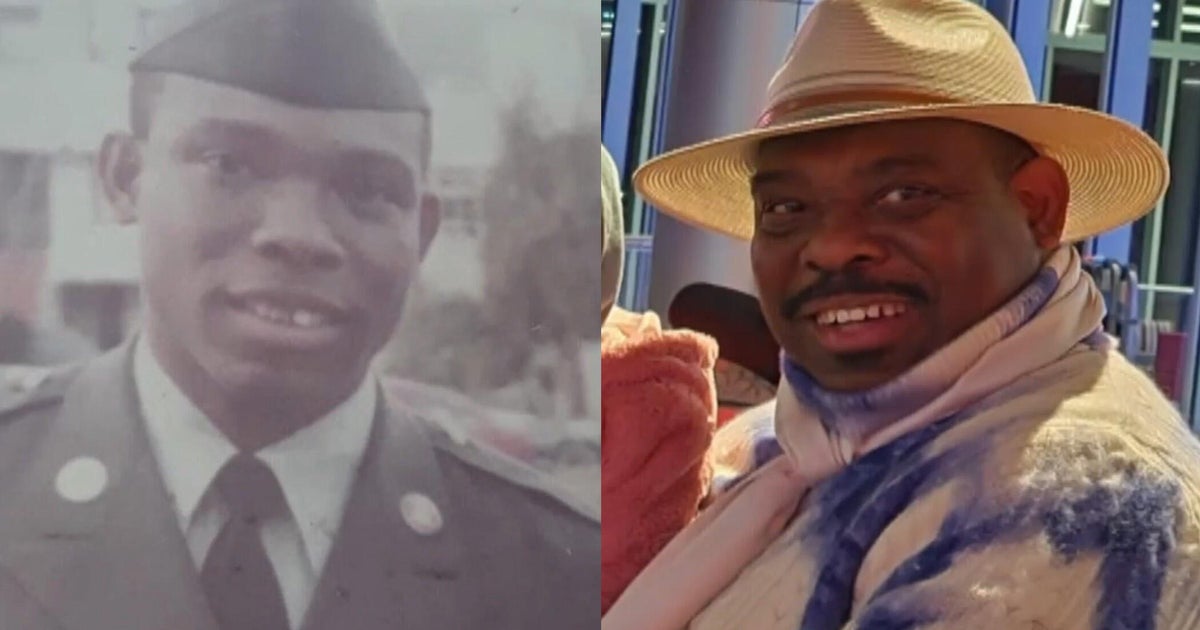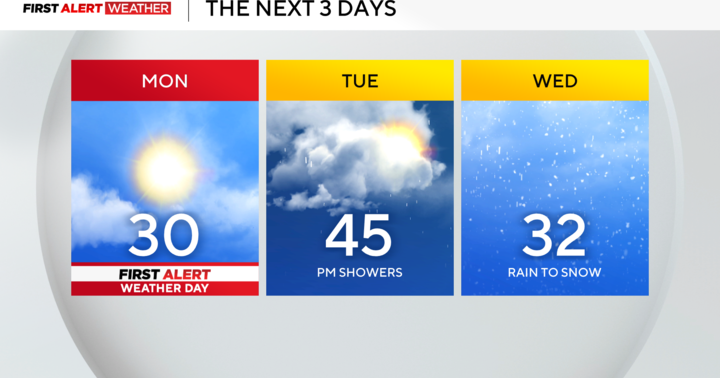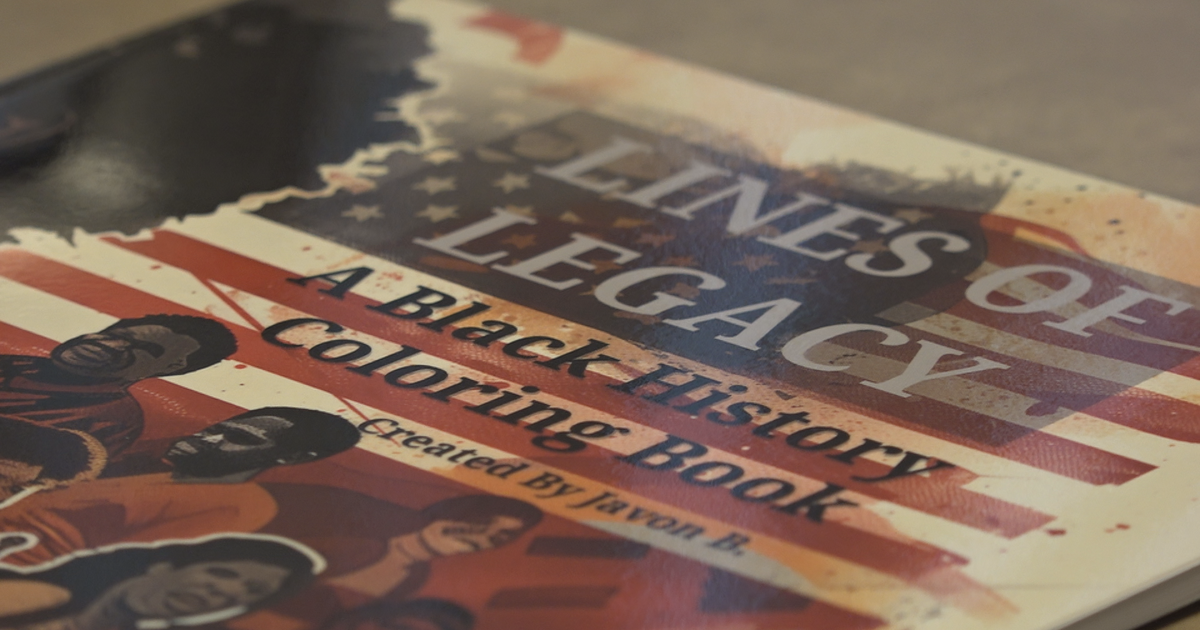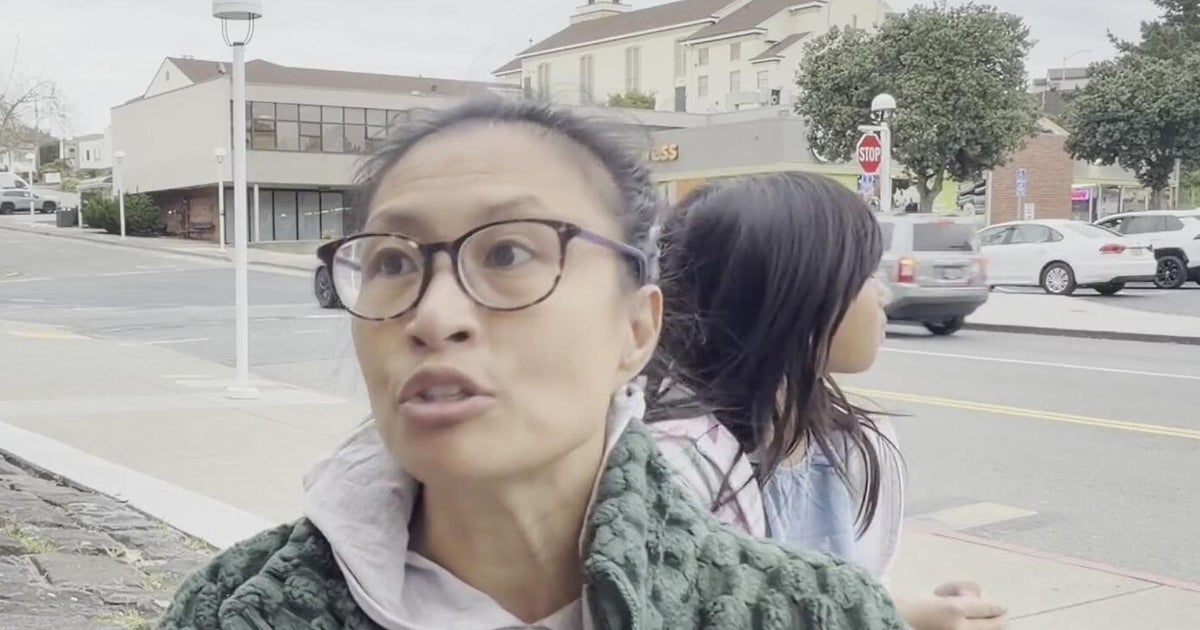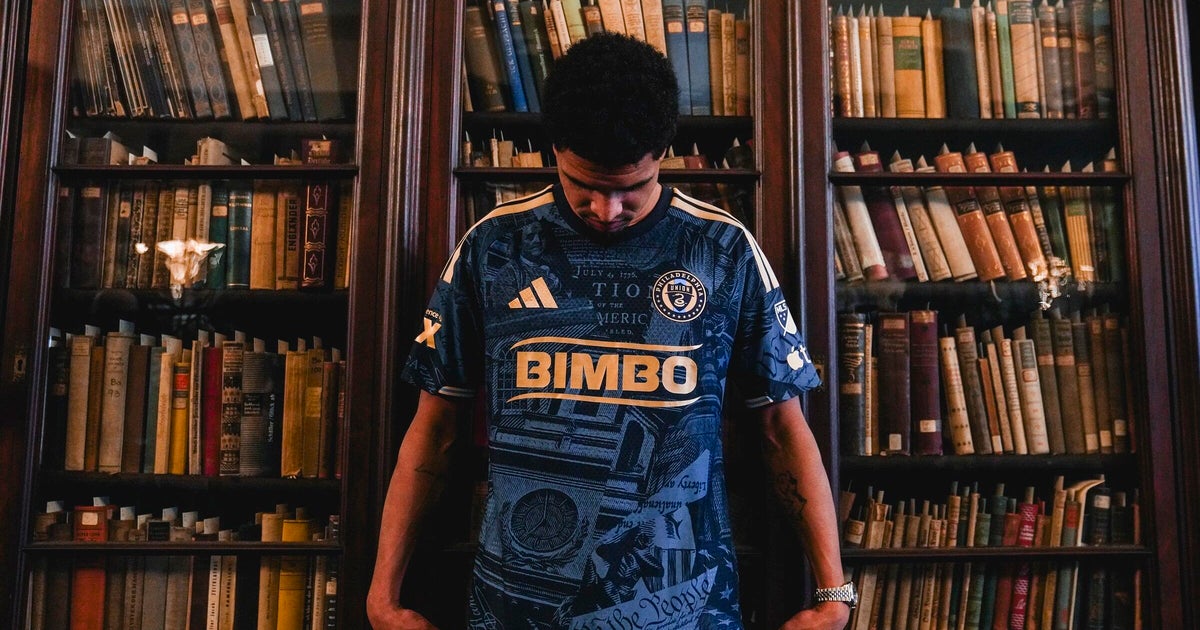Mattel introduces its first blind Barbie, new Barbie with Down syndrome
The inclusive world of Barbie is expanding yet again — this time, with the first-ever blind Barbie doll and a Black Barbie with Down syndrome. Toy manufacturer Mattel announced the two new additions to its Fashionista line on Tuesday.
The company worked closely with the American Foundation for the Blind (AFB) to ensure the blind Barbie doll accurately depicted individuals with blindness or low vision, while making sure that the doll was still accessible.
"As we wrap up Disability Pride month, we believe this is an excellent way to make children worldwide feel included, regardless of their abilities," Tony Stephens of the AFB told CBS News.
To that end, the doll's fashions are tactile with a satiny pink blouse and a textured ruffle skirt with a brightly colored hook and loop fasteners for closure on the back of the doll's top. The new doll even has accessible packaging with "Barbie" in Braille.
Accessories include a white-and-red cane with an identifiable marshmallow tip and includes stylish and functional sunglasses. The doll also reflects the sometimes-distinct eye gaze of a blind individual: facing slightly up and out.
"It was so exciting to have the opportunity to work with Mattel on this project," Eric Bridges, AFB's CEO, said in a statement to CBS News. "They not only embraced a deep desire to have the doll be an authentic representation of our community but also how a child who is blind would interact with the doll."
Bridges told People Magazine there's been an historical misrepresentation of people who are blind in the media, so he hopes that this will help educate the public about blindness.
With its latest additions, "the most diverse doll line" hopes to continue allow even more children to find a doll that represents them, inspiring them to tell their stories as well.
"We recognize that Barbie is much more than just a doll; she represents self-expression and can create a sense of belonging," Krista Berger, the senior vice president of Barbie, said in a news release.
In 2020, the company's Barbie Fashionistas line featured its first dolls with vitiligo, a doll with no hair, and a doll with a darker skin tone and a gold prosthetic limb. Last year, the company partnered with the National Down Syndrome Society and released its first-ever Barbie doll with Down syndrome. Mattel went on to win the Toy Foundation's Corporate Social Responsibility Initiative of the Year award.
This year, the two collaborated again — this time to create a Black Barbie with Down syndrome.
"NDSS is thrilled to introduce a second Barbie doll with Down syndrome. Having this doll launched alongside the new Barbie doll with Blindness marks another important step in expanding representation for the disability community," Kandi Pickard, the president and CEO of NDSS, said in a statement. "We are proud to partner with Barbie as they grow to reflect our diverse and beautiful world."
Down syndrome is a genetic condition that can affect how their brain and body develops, according to the CDC. Each year, about 6,000 babies born in the United States have Down syndrome and it is the most common chromosomal condition diagnosed in the United States.
"The introduction of the first Barbie doll with Down syndrome in 2023 had a profound impact on the Down syndrome community and recognized the importance of furthering representation," Berger said in a statement to CBS News. "We know that there is power in play and when a kid plays with Barbie, they imagine a future where they can be anything."
A focus group of Black individuals from the Down syndrome community reviewed the doll's shape, hair, fashion and glasses. Taylor Freeman, a young Black woman with Down syndrome, also joined the focus groups, helping to create the face and body sculpt, NDSS' Michelle Sagan told CBS News.
Like last year, the new doll's face features a rounder shape, smaller ears, and a flat nasal bridge with her body also featuring a shorter frame with a longer torso and a single line on her palm — all characteristics often associated with those with Down syndrome.
But this new doll has a braided hair texture, one of the key features requested by the Black Down syndrome community.
The doll also wears pink eyeglasses, representing individuals with Down syndrome who often experience difficulties with their vision. Her dress is blue and yellow, symbolizing Down syndrome awareness, and the three arrows in some of the hearts on the dress pattern represent the third 21st chromosome that individuals with Down syndrome have.
"Our latest additions to the Barbie Fashionista line are part of our continued effort to represent global diversity and inclusivity in the fashion doll aisle and reflect the world children experience today, encouraging empathy through play," Berger added.
